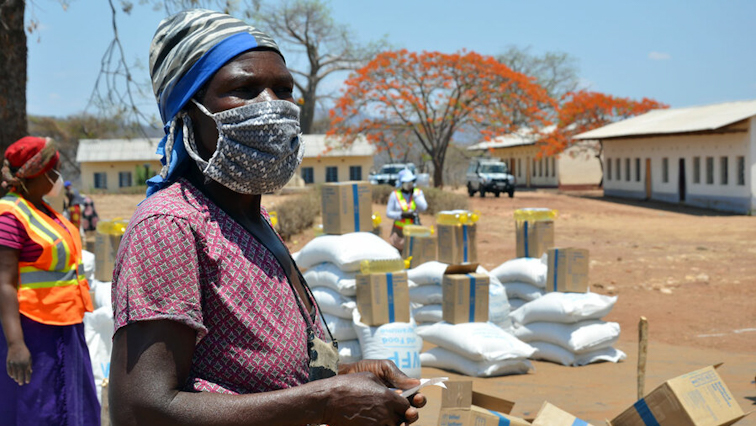The United States has announced the provision of $315 million in emergency aid to Sudanese people, warning of a potential famine of historic proportions and holding both sides of the conflict responsible for the humanitarian disaster.
The aid includes food assistance, drinking water, malnutrition screenings, and emergency treatment for children.
This assistance comes amid estimates that five million people within Sudan are suffering from severe hunger, with food shortages also affecting neighboring countries to which two million Sudanese have fled.
US Ambassador to the United Nations, Linda Thomas-Greenfield, told reporters, “We want the world to wake up to the disaster happening before our eyes.”
Greenfield continued, “Projections estimate that over 2.5 million people (about 15% of the population) in Darfur and Kordofan could die by the end of September.”
Greenfield emphasized that this crisis is “the biggest humanitarian crisis on the planet, and yet it is capable of worsening as the rainy season approaches.”
The UN’s humanitarian appeal for Sudan has only garnered 16% of its target, with much of the world’s attention focused on Gaza, where aid organizations are also warning of famine risks.
Samantha Power, Director of the United States Agency for International Development (USAID), indicated that Sudan might be in a worse situation than Somalia in 2011, when around 250,000 people died after three consecutive seasons of insufficient rainfall.
Power pointed out that “the most concerning scenario is that Sudan will experience the deadliest famine since Ethiopia in the early 1980s,” when up to 1.2 million people died.
As the conflict that erupted in Sudan in April 2023 between the army and the Rapid Support Forces expands, Power said that delivering aid across the control lines of both sides “is almost nonexistent.”
The official criticized both parties, stating that the Rapid Support Forces “systematically loot humanitarian warehouses, steal food and livestock, and destroy grain storage facilities and wells in the most vulnerable Sudanese communities.”
Power added that the army “completely contradicts its commitments and responsibilities” towards the Sudanese people by preventing aid from crossing the border with Chad into Darfur.
Power concluded by saying, “The really clear message here is that obstruction, not inadequate food supplies, is driving the historically deadly famine levels in Sudan.”
Signing a military cooperation protocol between Egypt and Somalia
